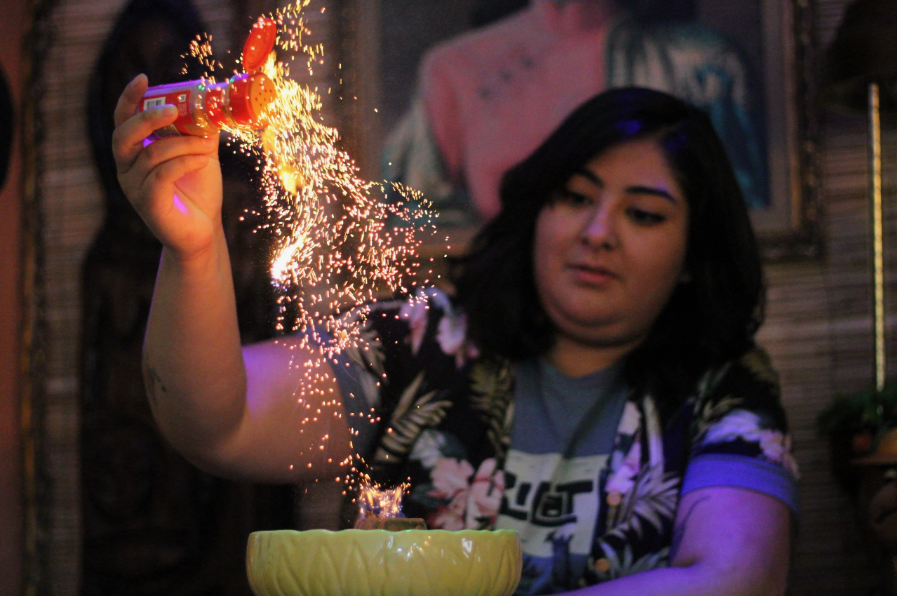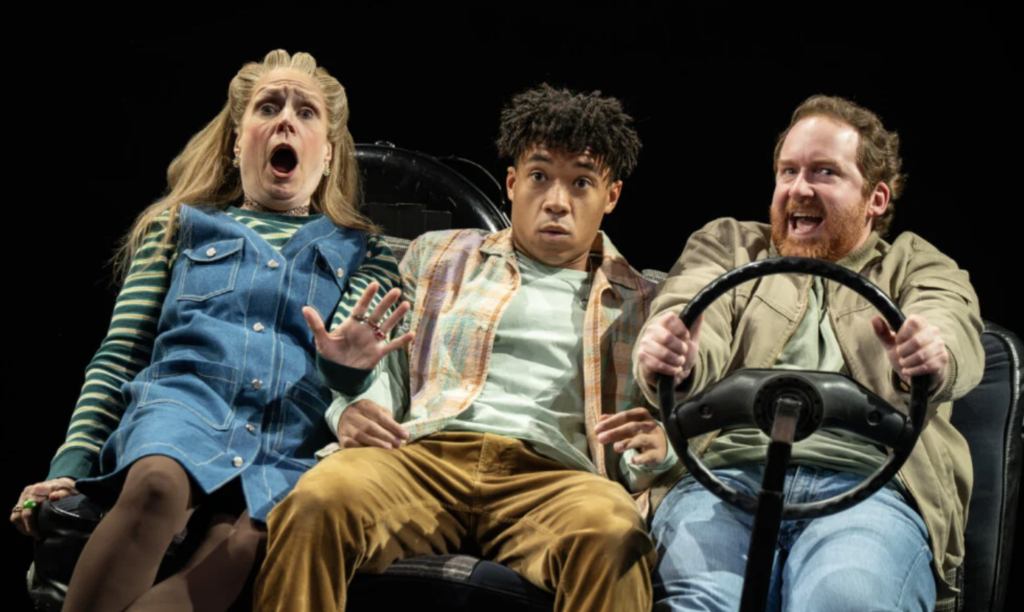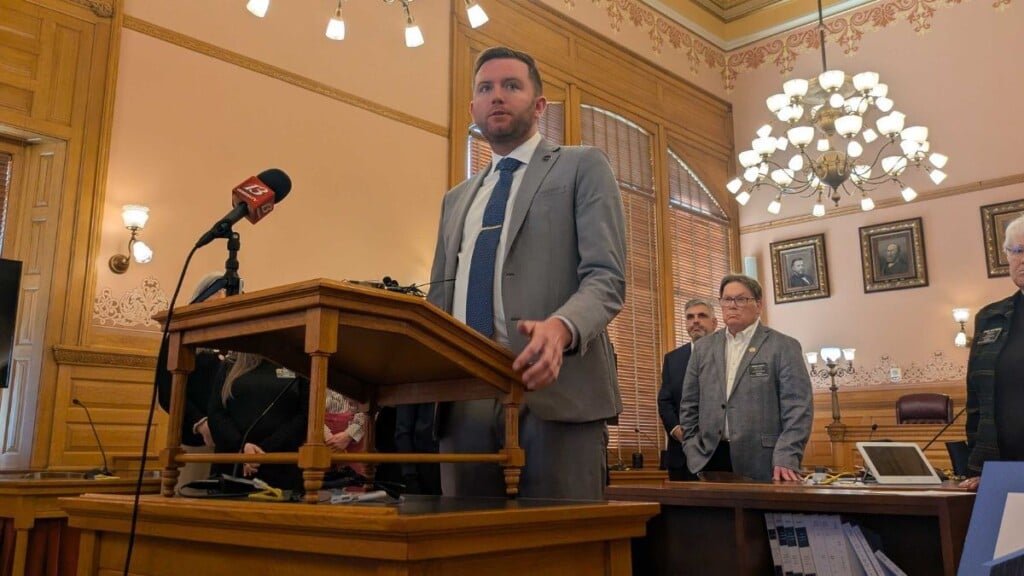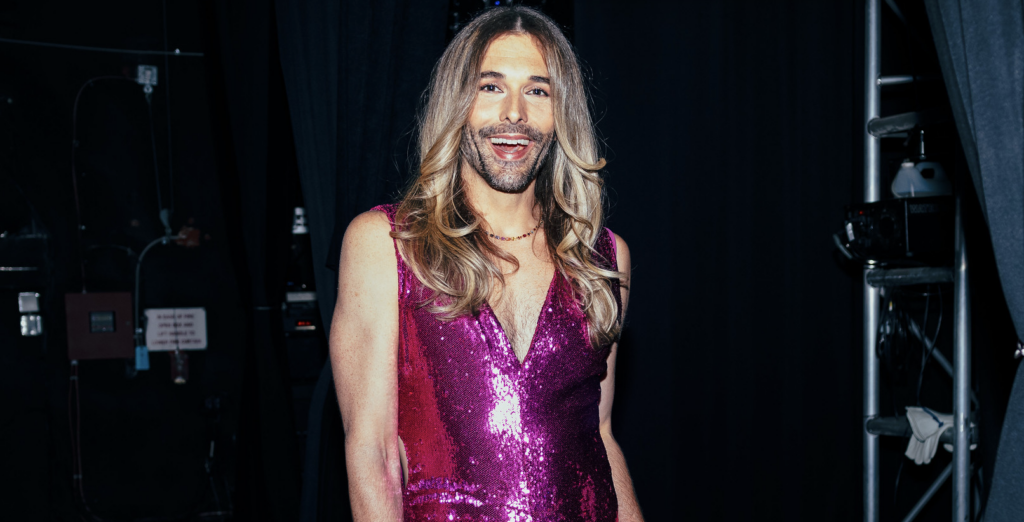‘Cock Rock

When heaping praise upon punk’s founding fathers, music fans often follow the misguided advice offered by the title of the defunct music-trivia show Never Mind the Buzzcocks. “People say, ‘Oh, they’re kind of legends,'” says singer and guitarist Steve Diggle, an original member of the Manchester, England-based outfit. True, Diggle’s band isn’t the most notorious of punk’s first-wave acts, but it could easily be considered the most influential.
More than 25 years ago, guitarist and vocalist Pete Shelley and singer Howard Devoto decided to start their own group after seeing the Sex Pistols. The pair even managed to lure the Sex Pistols to Manchester and score the opening slot, only to be thwarted when the fledgling band’s rhythm section bailed. As fate would have it, it was at that aborted gig that Shelley and Devoto met Diggle, who signed on to play bass. With drummer John Maher, this version of the Buzzcocks was reliable enough to forgo a second cancellation when the Sex Pistols returned.
In 1979, the would-be-hits comp Singles Going Steady captured the best of that lineup’s output as well as plenty of gems that postdate Devoto’s departure. One listen is all it takes to figure out that just about every pop-punk band that’s ever “begrudgingly” embraced mainstream success has cribbed a thing or two from the Buzzcocks. And even brief exposure to the group’s recently released, self-titled record confirms that the kids could still learn a few things from the masters.
They’re still armed with a keen sense for melody, but the Buzzcocks no longer pen snotty anthems such as “Ever Fallen in Love?” and “Orgasm Addict.” After fidgeting with electronics on 1999’s Modern, the group has gotten louder and heavier, and its early brashness has evolved into cool confidence.
“It’s take no prisoners, this album, and it’s really loud,” Diggle says. “Some people have told us they had to turn it down on the turntable. For this one, we said let’s get back to basics.”
And back to basics it is, so much so that long-absent founding member Devoto even surfaces in the songwriting credits. Devoto last appeared on wax with the band on 1977’s Spiral Scratch, a powerful testament to its raw early sound. After that EP, Devoto departed for college; he later formed Magazine. Diggle moved from bass to guitar, Shelley took over lead vocals, and the Buzzcocks released their first single, “Orgasm Addict.” A handful of albums and classic cuts later, the Buzzcocks were done in 1981.
Diggle teamed with Maher on the 1982 album Life on the Telephone, while Shelley scored a minor hit single the same year with “Homosapien.” After some dry years, the Buzzcocks reformed in 1989 for a tour. In 1993, after adding Tony Barber on bass and Phil Barker on drums, the group issued its reunion disc, Trade Test Transmission. More records and more touring ensued, which brings the story up-to-date.
“You have to pace yourself,” Diggle says, explaining how to play punk to fans who are younger than his band’s career. “We used to be as old as the kids, and now we’re old enough to be their fathers in some cases. You have a generation span now, which is good because … some kid that’s heard of Green Day picks up on us. When he comes to the gig, he’s amazed to think that we were doing it a lot earlier. They’re retracing our history in some ways, and they’re really surprised at what we do, because we’re, like, the original thing. We’re different from what modern punk bands do.”
There’s a direct sincerity in the Buzzcocks’ tunes that’s missing from the majority of Buzzcocks-influenced bands. Maybe it’s because the group was among the pioneers and the whole thing was just fresher then, or maybe today’s punks are just too jaded for that kind of warmth. Regardless, groups that slightly tweaked the Buzzcocks’ sound have sold exponentially more records than the originators ever will.
“It’s not a problem,” Diggle says. It’s not as if the group didn’t have chances for commercial breakthroughs, he notes, but the Buzzcocks have never been willing to concede creative control. “We never wanted to sell out to record companies to do what they wanted us to do. We set out to do what we do because we felt passionate about it, and we stuck to our guns.”
Besides, Diggle can say something the rest of the pop-punk pack probably will never get a chance to proclaim: “In the end, that’s why we’re still around now, 26 years later.”




